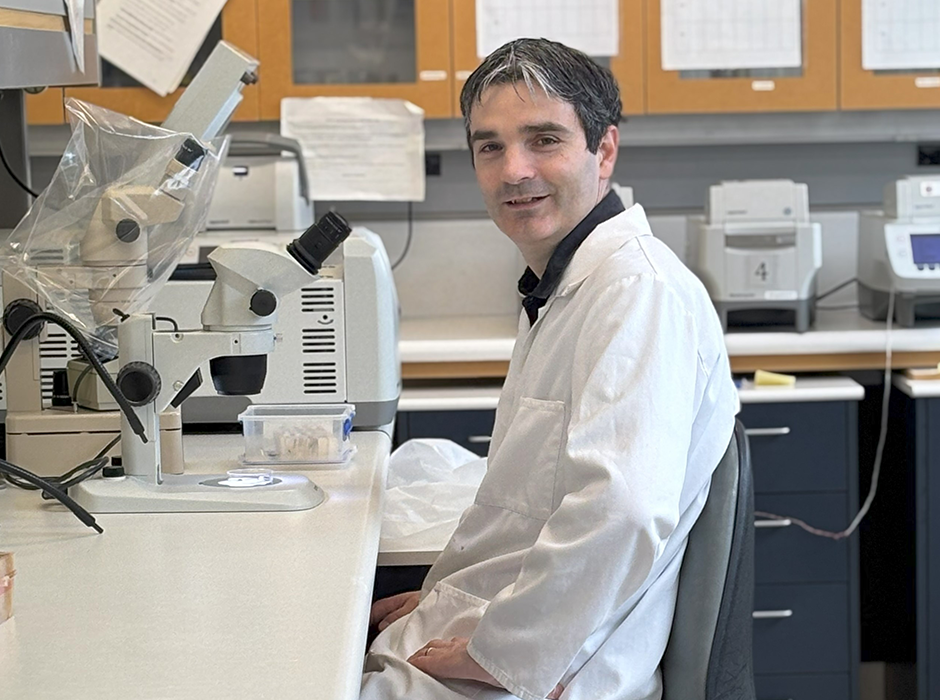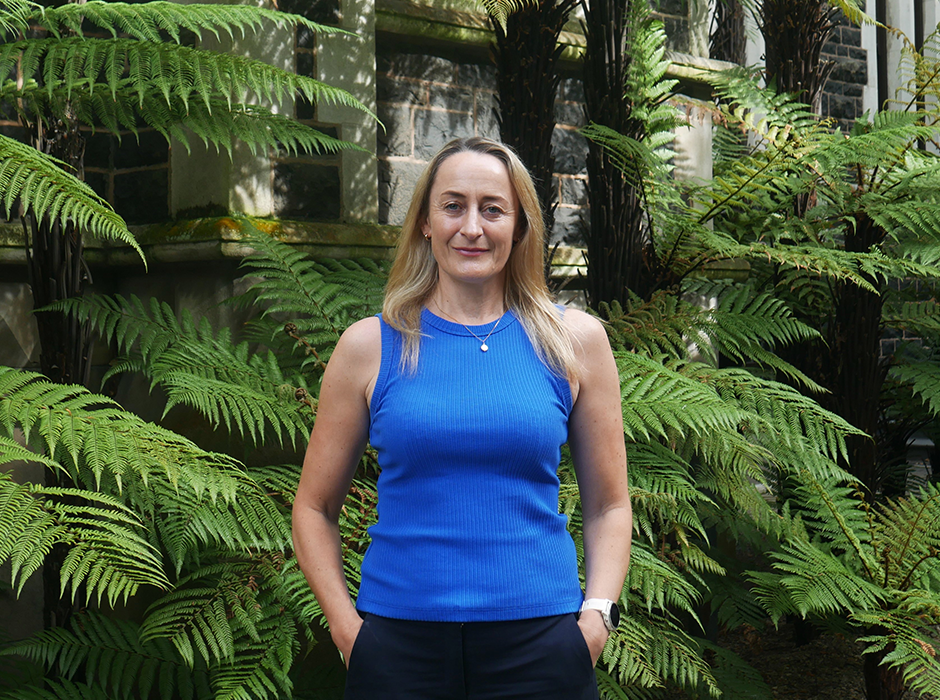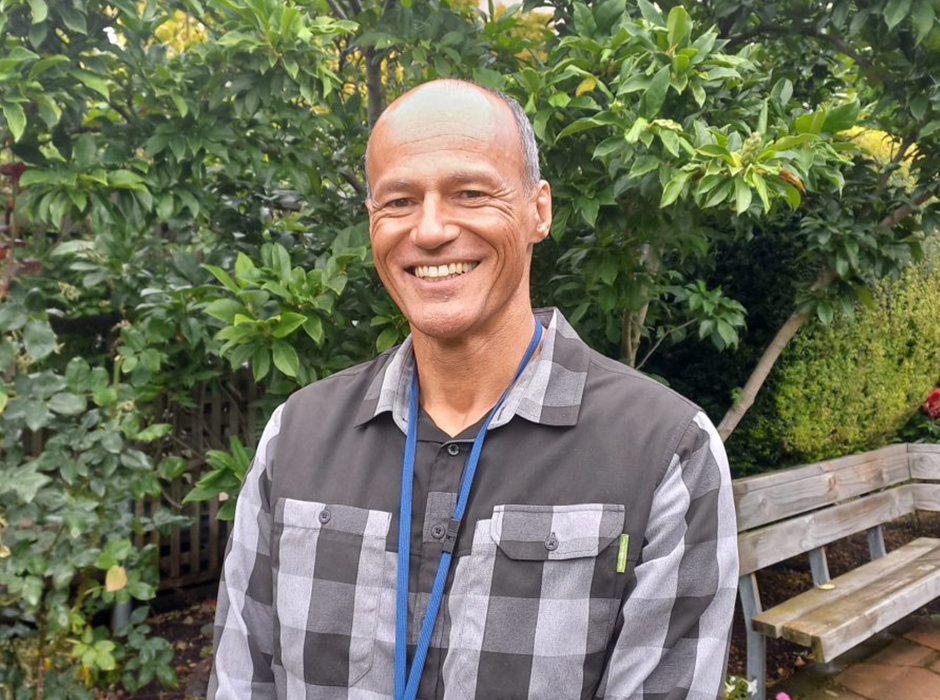Three University of Otago – Ōtākou Whakaihu Waka researchers have received inaugural Mana Tūānuku Research Leader Fellowships from the Royal Society of New Zealand.
They are among 10 Aotearoa New Zealand researchers to be awarded the honour and will each receive $1,160,000 over the next four years.
The fellowships are designed to help mid-career researchers firmly establish themselves as experts in their research domain and as leaders within the research landscape.
Deputy Vice-Chancellor (Research and Enterprise) Professor Richard Blaikie congratulates each of the recipients.
“It is wonderful for these researchers to be recognised as future leaders and to receive such significant funding to allow them to advance knowledge and understanding in their respective disciplines.
“Each will undertake excellent research with support from the Fellowship with great potential for providing social, environmental health and economic benefit all New Zealanders in years to come,” he says.
The fellowships are one of the Aotearoa New Zealand Tāwhia te Mana Research Fellowships introduced by the Ministry of Business, Innovation and Employment to replace the Rutherford Foundation, Rutherford Discovery, and James Cook Research Fellowships.
The recipients

Dr Graham McCulloch's research program is looking at how animals respond to environmental change.
Dr Graham McCulloch, Department of Zoology
Dr McCulloch says the fellowship is an “incredibly exciting” opportunity to build a world class research programme in Aotearoa.
“My research programme is about understanding how animals respond to environmental change. This research will reveal how deforestation has impacted our native biodiversity, and also test whether reforestation can reverse this biodiversity loss.
“The results of this research will have crucial implications for the restoration and conservation of our endemic species,” he says.
Anthropogenic evolution of New Zealand's endemic insects: rapid evolution in a fast-changing world
Under the fast-changing conditions of the Anthropocene, species must disperse, adapt, or face extinction. The extent to which wild populations can adapt to rapidly shifting environmental conditions remains controversial, as evolution is typically considered to be a slow, incremental process. Some recent studies, however, suggest that human-driven ecosystem changes can drive evolutionary shifts over surprisingly short timeframes. While the biological effects of some anthropogenic pressures, such as pollution and overfishing, have been well studied, the potential evolutionary impacts of human-driven deforestation – and subsequent reforestation – are largely unknown. The loss of forest habitats represents one of the most significant anthropogenic alterations of ecosystems globally. Deforestation can drive local extinctions and may also change selection pressures, which can alter the evolutionary trajectories of surviving biota. Aotearoa provides an ideal location to test for anthropogenic shifts in endemic fauna, as humans arrived only very recently to this unique archipelago (c. 800 years ago). Since the arrival of humans, more than 80 per cent of native forests have been lost, primarily through burning. Recently, extensive reforestation has been undertaken across Aotearoa to restore biodiversity and help mitigate the impacts of climate change. This research will combine broad-scale ecological sampling with state-of-the-art genomic analyses to test how anthropogenic deforestation, and reforestation, have shifted the evolutionary trajectories of our endemic fauna. This research will revolutionise our understanding of the impacts of rapid ecosystem change on biological communities. It will answer fundamental questions about how species respond to habitat loss and reveal the genomic mechanisms underpinning rapid adaptation. This knowledge will enable us to predict how our endemic fauna will respond to future environmental shifts and will be fundamental in reshaping our conservation management policies.

One part of Dr Rachel Purcell's research will investigate how the microbiome can enhance the efficacy of immunotherapy for cancer patients.
Dr Rachel Purcell, Department of Surgery, Christchurch
Dr Purcell says the fellowship provides an “incredible opportunity” to advance our understanding of how the human microbiome impacts colorectal cancer development and progression.
“It represents not only a recognition of the work I’ve done but also an investment in innovative research that has the potential to transform patient care.
“Personally, it is deeply rewarding to contribute to addressing one of Aotearoa New Zealand's pressing health challenges, particularly as it disproportionately affects Māori communities. It is a privilege to contribute to the growing body of knowledge in microbiome research while making a real difference in the lives of cancer patients and their whānau,” she says.
Through the fellowship, she aims to uncover new pathways for diagnosing and treating colorectal cancer by leveraging the human microbiome.
Specifically, she plans to investigate how the microbiome can enhance the efficacy of immunotherapy for cancer patients; explore whether bacterial genetic material in the bloodstream can serve as early indicators of cancer spread; and develop dietary strategies to improve treatment outcomes by modifying the gut microbiome.
“Ultimately, I hope to contribute new therapies and predictive tools that will lead to better health outcomes, particularly for Māori, and reduce the burden of colorectal cancer in New Zealand.
“I am especially excited about the opportunity this fellowship provides to bridge fundamental science with clinical applications. By integrating advanced computational tools with patient-specific data, my research aims to tailor treatments to individuals, making them more effective and accessible.”
Dr Purcell is also pleased the fellowship will allow her to mentor the next generation of researchers, fostering a collaborative environment to tackle major health issues.
Harnessing the microbiome to improve outcomes in cancer
Humans live in a symbiotic relationship with trillions of microorganisms, collectively known as the human microbiome. These microorganisms play crucial roles in maintaining health by supporting immunity, energy metabolism, and overall physiological balance. However, disruptions in the microbiome have been linked to numerous diseases, including cancer. While most research has focused on cataloguing these microorganisms, such studies have not yet significantly improved diagnostics or treatments. This research program seeks to move beyond these traditional approaches by investigating how the microbiome interacts with its human host, particularly in colorectal cancer (CRC). CRC is a major health concern in New Zealand, with more than 3,000 new cases annually, a worrying increase among younger people, and worse outcomes for Māori and Pacific peoples. Research from this group and others has suggested the microbiome may influence CRC development and progression. Using samples from New Zealand cohorts, Dr Purcell has developed innovative computational tools that integrate gene expression, microbiome data, and patient information. This approach has uncovered new connections between the microbiome and tumour cells. This research aims to develop microbiome-based treatments and biomarkers to improve CRC patient outcomes. Providing new therapeutic options and predictive tools for CRC will ultimately lead to better health outcomes and a deeper understanding of the microbiome's role in cancer.

Dr Matiu Rātima hopes to build and strengthen a network of indigenous scholars.
Dr Matiu Rātima (Whakatōhea, Ngāti Pukeko), College of Education
Dr Rātima says the fellowship has a particular focus of supporting him to become a research leader.
“This is important to me as we have just lost one of our greatest champions and leaders of Māori education, my friend and mentor Angus Hikairo MacFarlane (Ngāti Whakaaue). He left for all of us an inspiring example of how a leader's mana is only as good as the mana of the people around them. He gave selflessly of his time and energy to help build the careers of dozens if not hundreds of people inside and outside of academia within our education system.
“I just want to follow his example, and this fellowship will enable me to do that.”
His aim is to build and strengthen a network of indigenous scholars and practitioners and allies committed to repositioning mātauraka to the core of education in Aotearoa.
“I am grateful to all those who supported me in pursuing this fellowship – Michelle Walker and her amazing team of Māori colleagues at the research office, and Viv Anderson and all my colleagues at Te Kura Ākau Taitoka.
“Turou Hawaiki and Toitū Te Tiriti!”
Te Uho - Mātauranga Māori at the core of education
This kaupapa Māori research programme consists of four potential projects all grounded in current work. The programme extends the work into the realms of personal and collective moemoeā (dreams) for culturally safe authentic Tiriti-based education for all New Zealanders (Macfarlane et. al., 2007). Ultimately, the programme seeks to further our understanding of what it will take to place mātauranga Māori at the core of our daily work in teacher education, educational research and in schools and centres across the motu. Western knowledge may then be recruited as needed in the service of mātauranga principles, goals and aspirations.